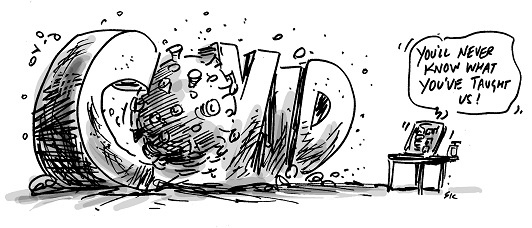NI Research Infrastructure contribution to the COVID-19 Pandemic
By Dr Janice Bailie, Assistant Director, Health and Social Care (HSC) Research & Development (R&D) Division of the Public Health Agency
By Dr Janice Bailie, Assistant Director, Health and Social Care (HSC) Research & Development (R&D) Division of the Public Health Agency
By Bernie Pearson, R&D Approvals Change Manager, HSC Research & Development Division
